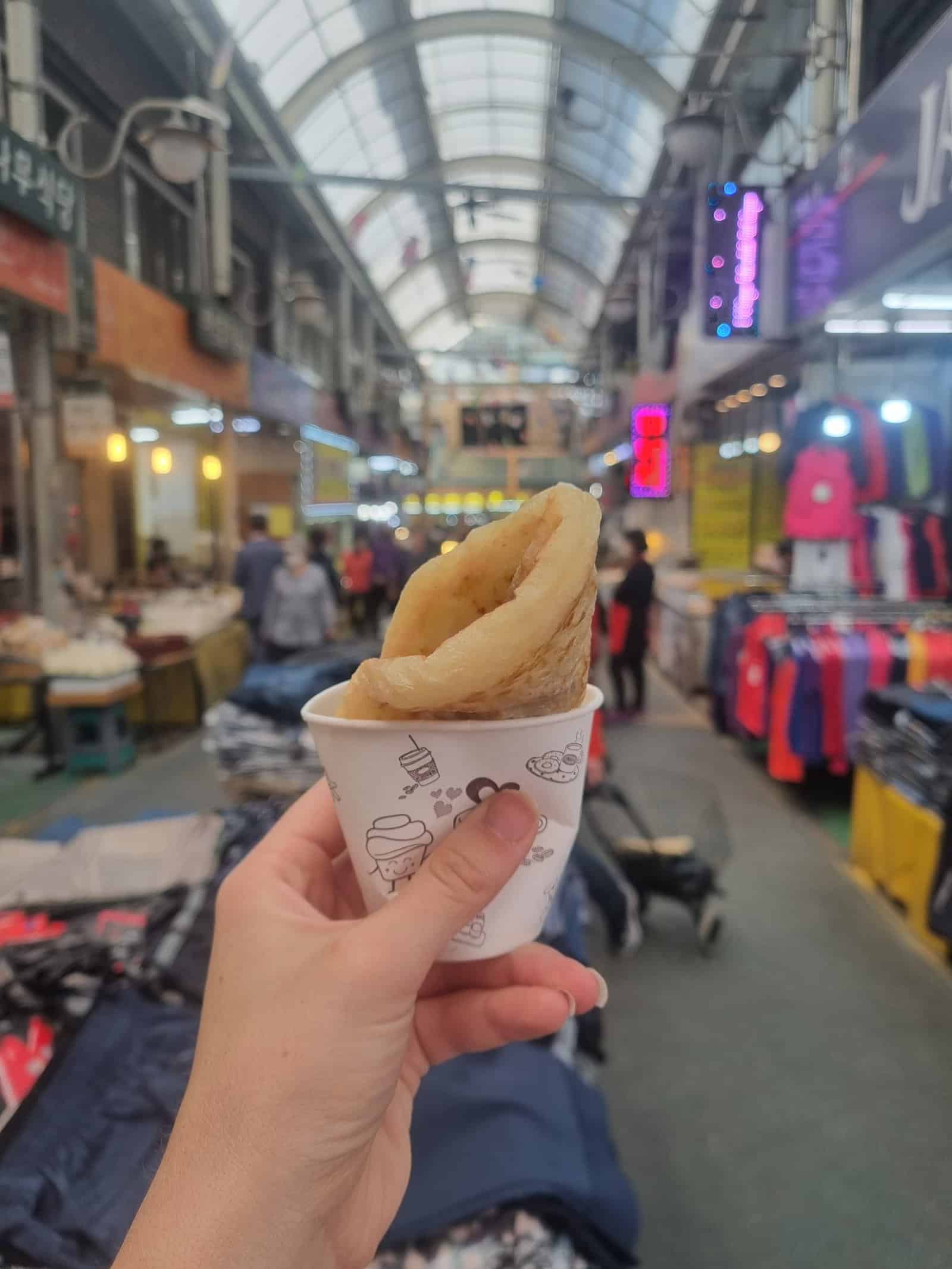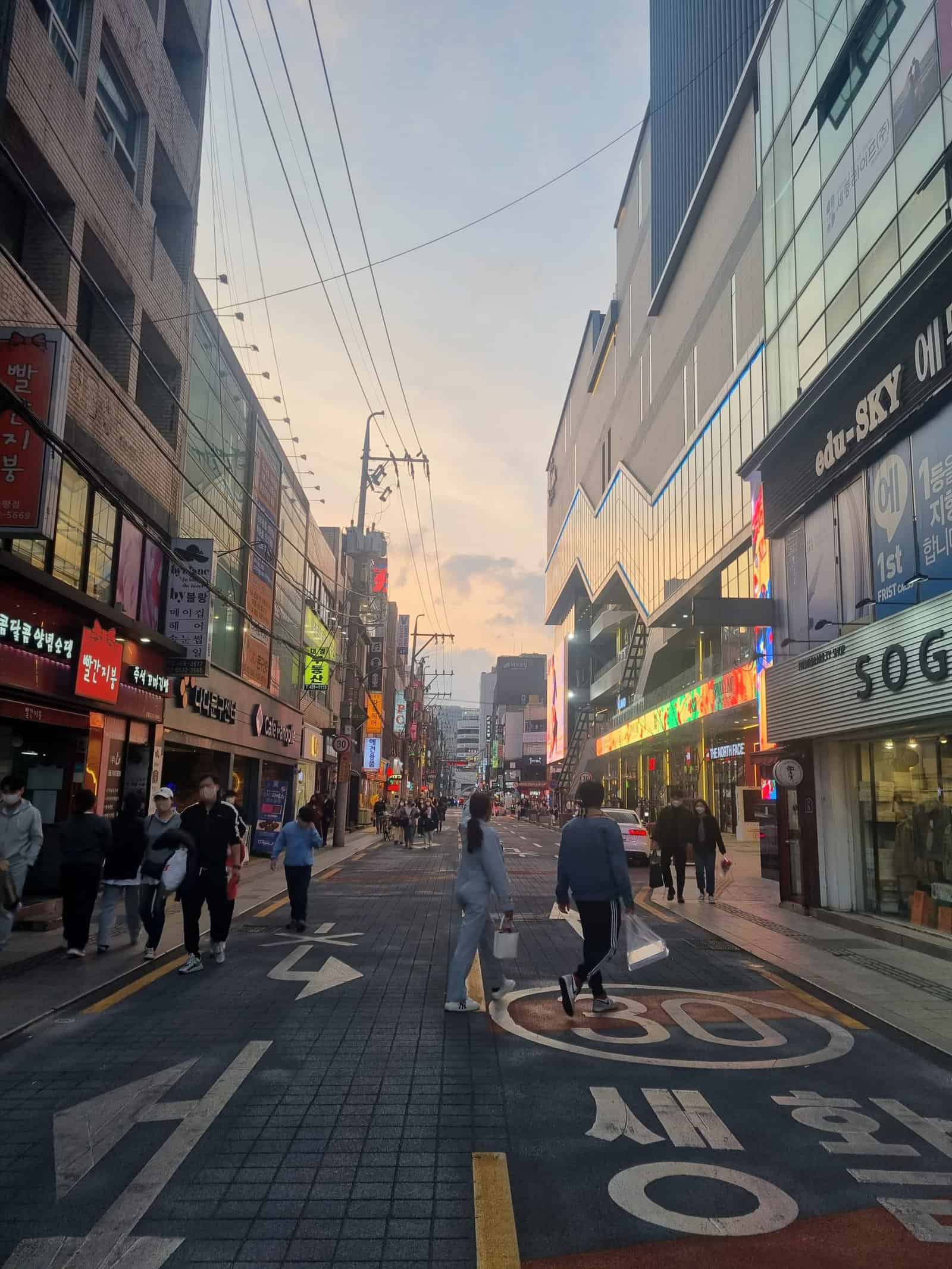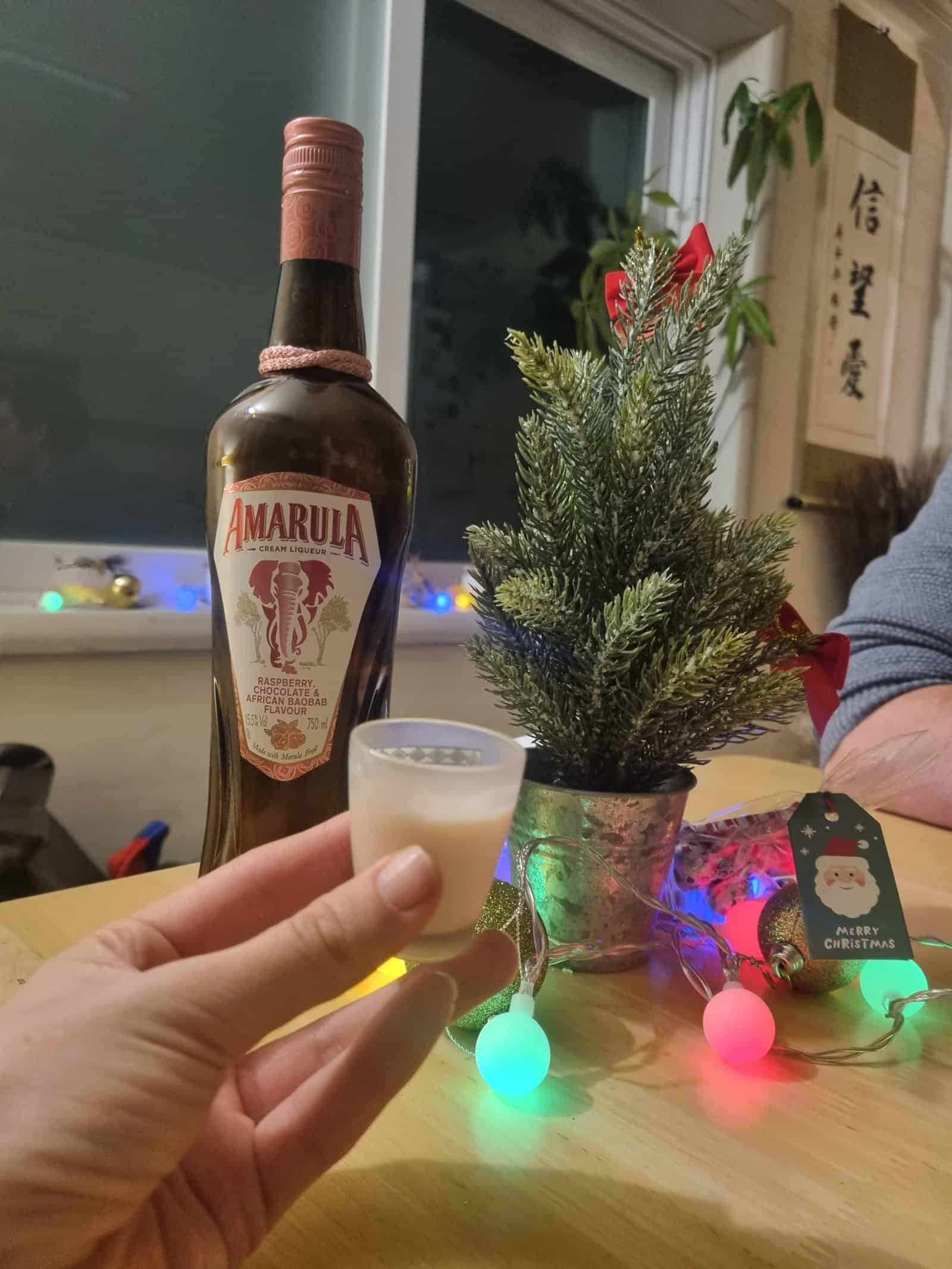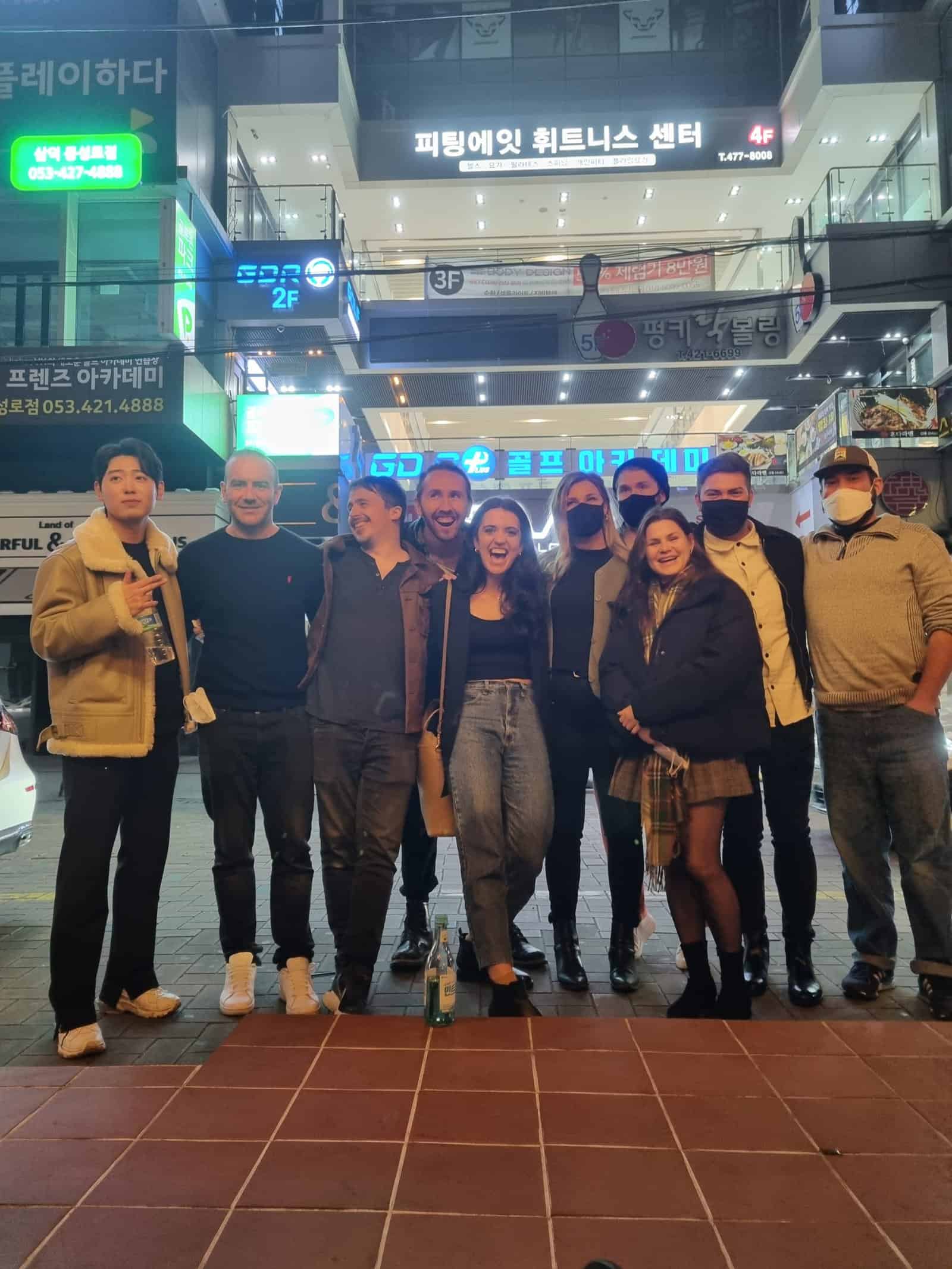In Out and about we talk to people who currently live or have lived and worked abroad. This week, we talk to Hilde Conradie who lives in South Korea.
Hello Hilde, please tell us where you live and why there.
안녕하세요 (annyeonghaseyo)! I currently live in Daegu, South Korea. I am an English teacher at a kindergarten here.
Adapting to a new country can be challenging. What was the strangest thing for you to get used to?
Initially, one of my biggest challenges was shopping. In South Africa, we were used to walking into a store and grabbing eggs and milk, but here I came home and found the dozen eggs had already been boiled and the milk was made of soybeans. If you’re lucky, you will find an English word or two on the packaging, but most product labels are Korean. You end up spending hours in the supermarket to Google translate everything and marvel at everything we don’t have at home. Funnily enough, it has become one of my favourite pastimes.
Tell us a little more about your work. What does your typical day look like? Is life more peaceful there and do you have more time to relax/travel?
I am a teacher at an English nursery school. My class has eight four-year-old students. (According to the Koreans, they are five years old because they believe a human being is already one year old at birth.) My day starts at 09:30, usually by greeting the children in my class and singing along a few English songs. Afterwards, we have “snack time”, during which the children have milk and a snack. Then we have three classes, varying between phonics, drama, storybook, maths, arts, gym and science. After the three classes, we have lunch consisting of traditional Korean food, and then two more classes.
After school, the little ones attend an after-school program while I spend the afternoon in the school library helping primary school children learn to read and testing their understanding of what they read. My working day ends at 17:45.
My friends and I often go out for dinner at night. Eating out and visiting coffee shops is an important part of Korean culture, probably because the houses are too small to entertain. So, there is always a new place we want to test out.
Life in Korea is very comfortable. Everything works. It’s clean and safe. The public transport is fantastic – you can get anywhere by bus, train or taxi. This makes it easy to visit another town over a weekend quickly.
Was it difficult to adapt to the foreign country, or did you easily make new friends and integrate into the community?
I think initially it is difficult for everyone. You get off the plane and all you have is what you packed in your bag. You stand in a street and feel overwhelmed by all the lights and power lines. You sit in a restaurant and cannot read the menu, because it is written not only in a foreign language but also in a foreign alphabet. And then you get to the “three-month blues” and cry while asking yourself repeatedly: “Why did I do this? Why did I choose this life?” But you push through. And then, one day, you realise you can read a street name or road sign written in Korean, and you can order another beer in broken Korean, and you must admit that it is not that bad, and that one can get used to everything over time.
You meet people from all over the world and form bonds that will last forever. You make memories you want to tell everyone about and have experiences you can never buy. It’s very easy to join the expat community. We all are in the same boat: in a foreign country, far from our people and everything familiar. This is where friends become family.
The language differences make it incredibly difficult to become part of the Korean community, but every now and then the omie (uncle) at my favourite BBQ restaurant brings me something for free, or the aunt at my supermarket tries to give me a compliment in her broken English. Such moments are so precious; they remind me that even though we don’t understand each other, we can still be kind and use a different way to say, “I recognise you. I can’t talk to you, but here’s a little something to say I like you.”
What do you miss most about South Africa?
I miss sitting in the garden with my family and watching the birds build their nests I miss the countryside with corn, sunflowers, and breathtaking sunsets daily. I miss walking into a shop or restaurant, knowing the person behind the counter will understand me. I miss my people, the farm, my language and my mom’s food.
Anything else you would like to add?
Korea never was my first choice. I knew little about the country before arriving here, but I was pleasantly surprised. It’s a beautiful, culturally rich country with a lot to see. It’s a country with a very interesting history, fascinating traditions and delicious food. I am so impressed with Korea that I have been here for three years.
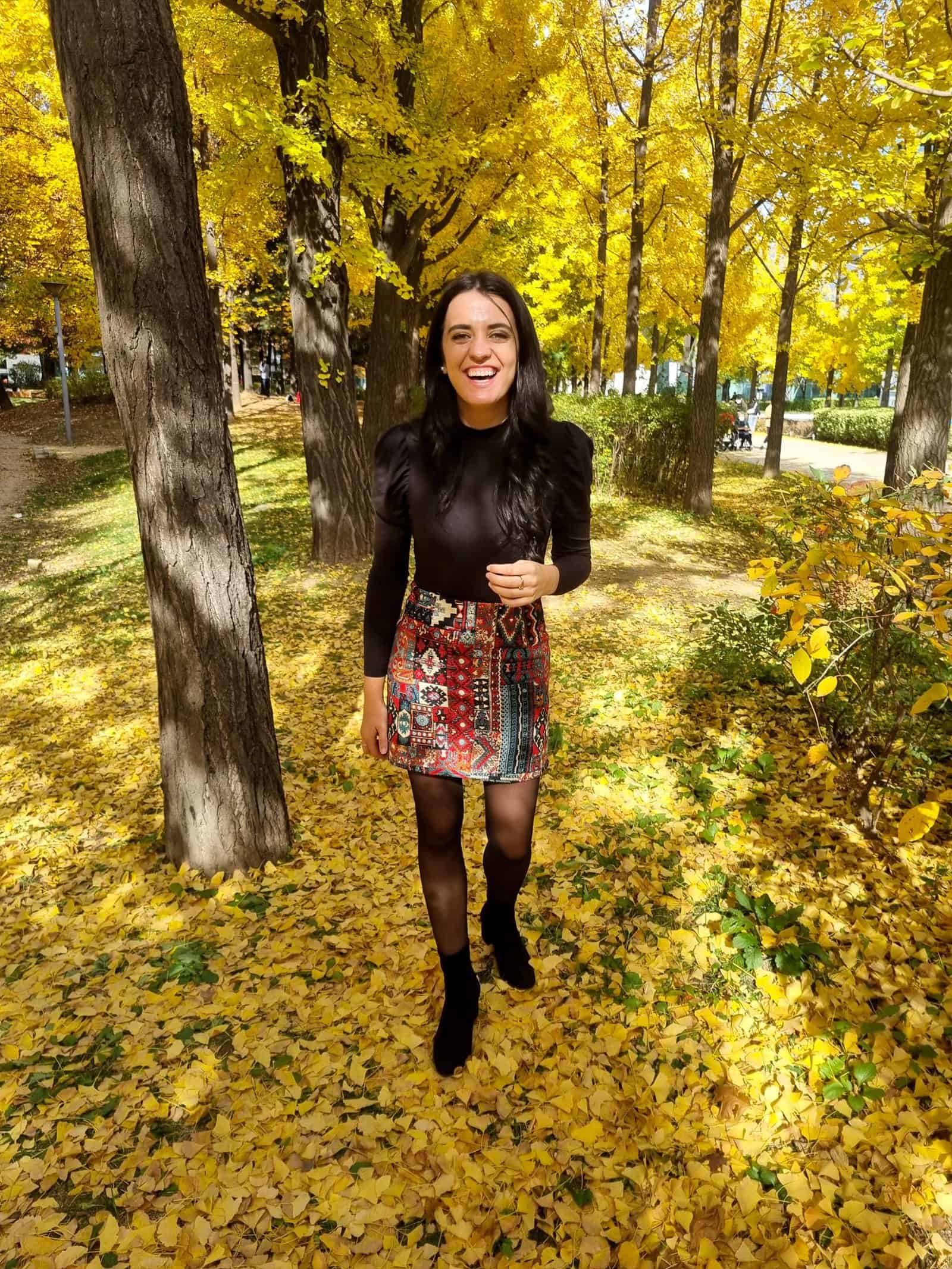
Write to us
Do you live abroad or have you recently returned? You can also write an Out and About column for us. Send an email to wereldwyd@afriforum.co.za and we will send you the questions you can answer for us.
Share on
Latest articles




